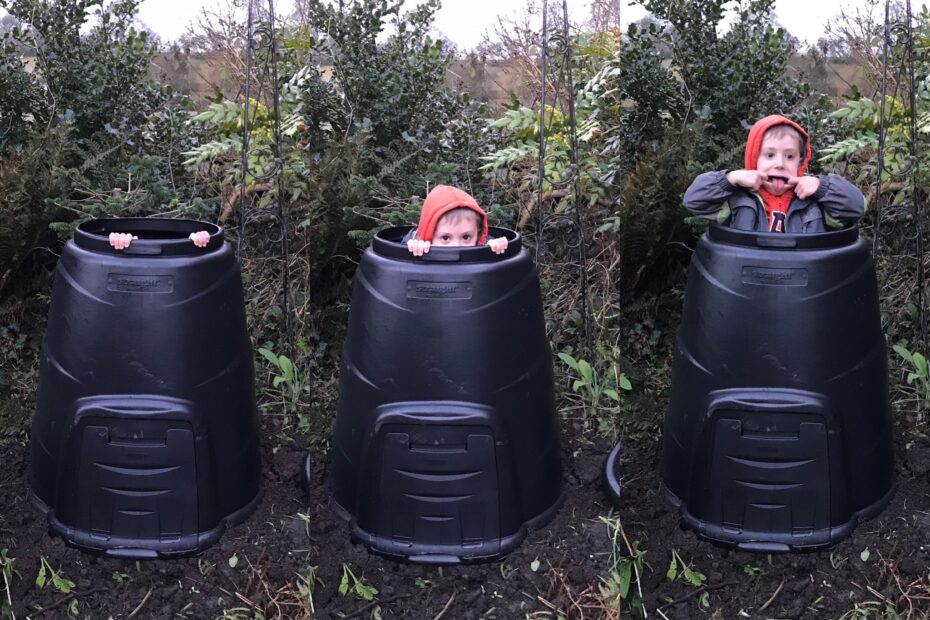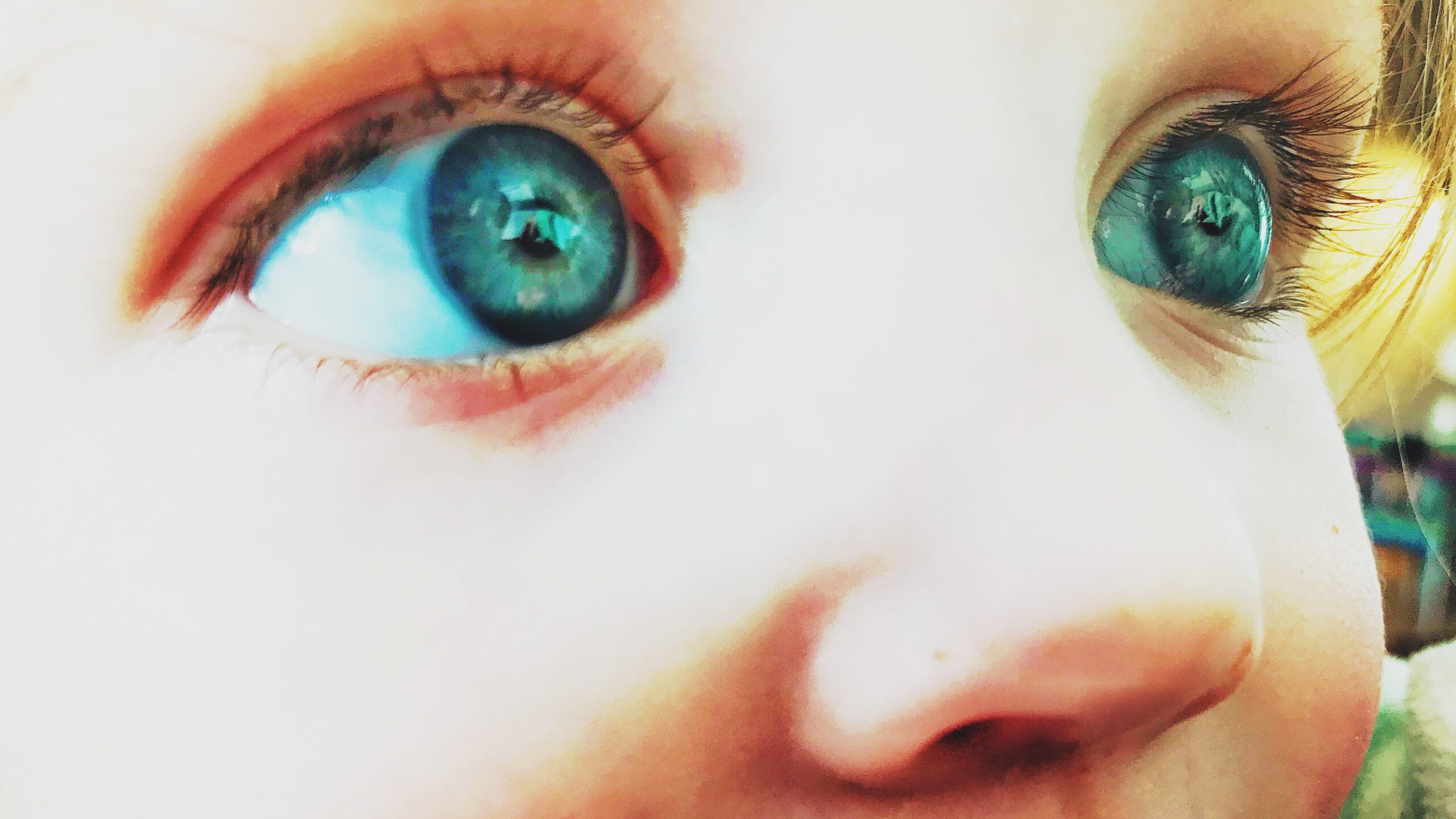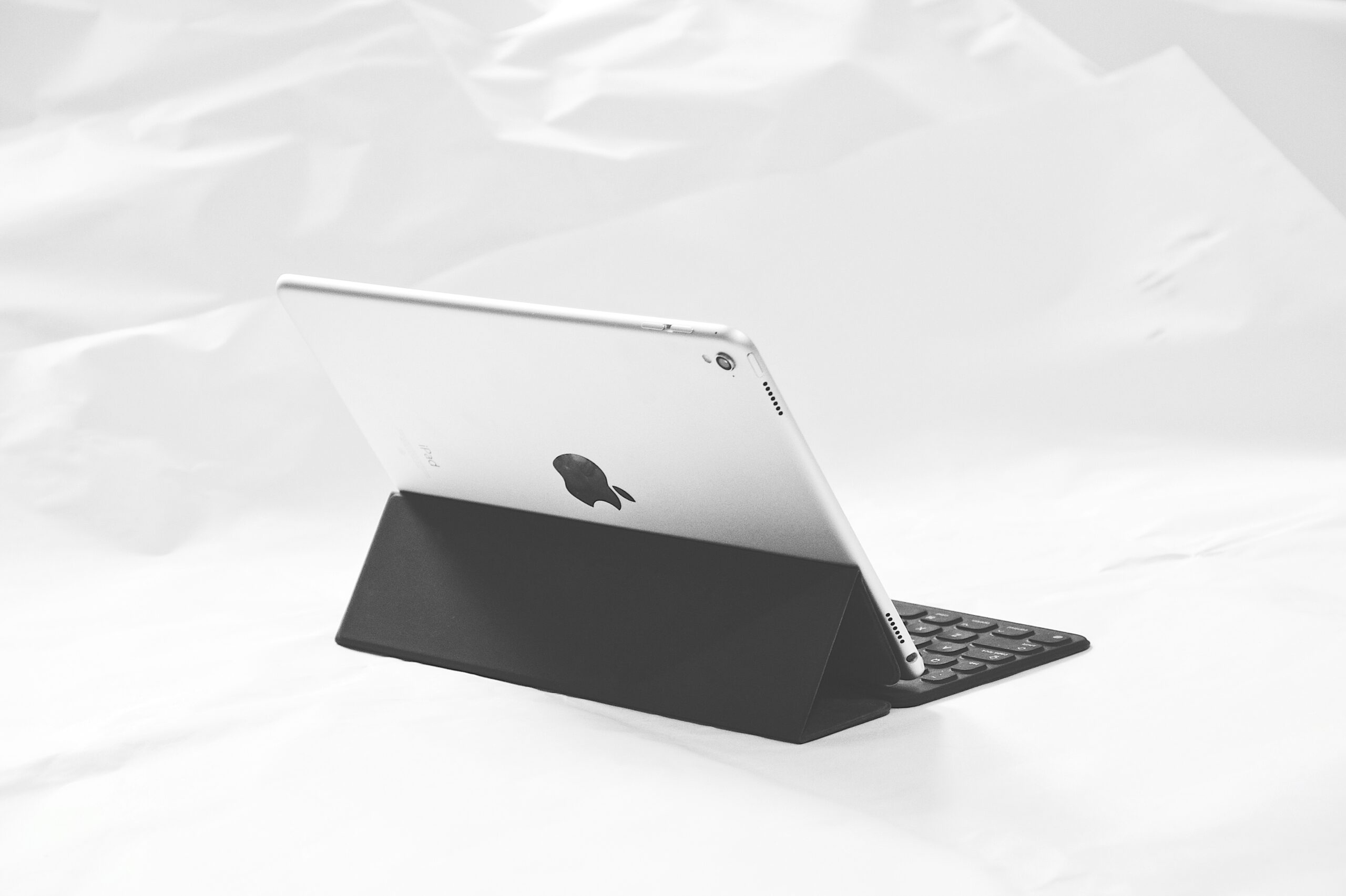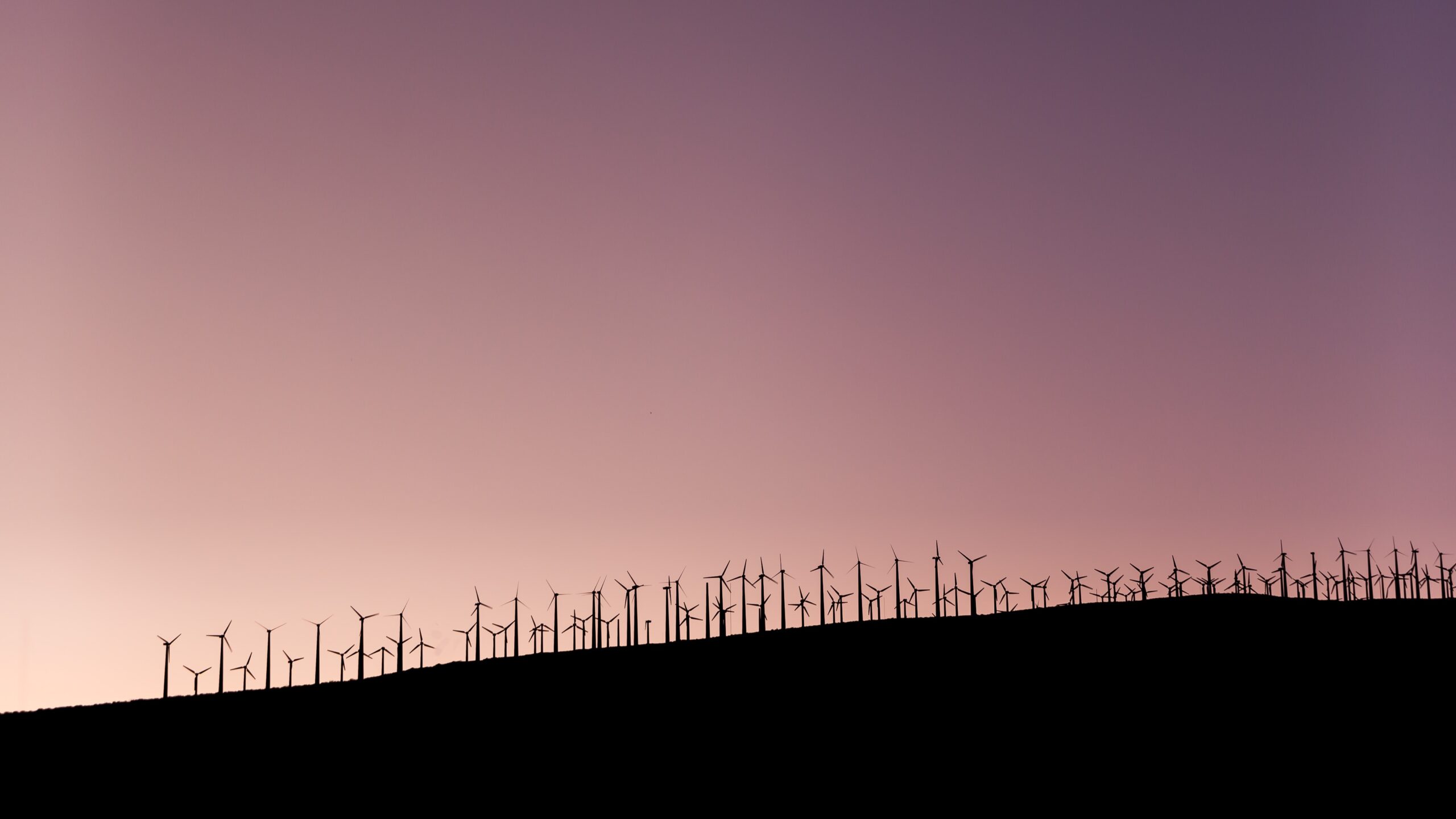Setting out our sustainable stall
My family and I have been trying to live more sustainably for a while, making regular small and hopefully effective changes. We’ve done this to set a higher expectation of normal and to challenge the mass consumerism that surrounds us. Hannah, my wife, is excellent at finding bundles and buying secondhand for all sorts that we might need. I am excellent at procrastinating over things we really do need to the point spending is limited whilst we make do. The balance works but we find we want to continue simplifying our lives and valuing the objects that surround us. We’re not being radical about it, Marie Kondos we are not. We’re not aiming to live in a van with 5 items each. Our future must work towards living within our means and instilling a similar expectation in our children so that they can continue to repair the world we live in.
Starting steps
As a start I’ve outlined some products below which seem to be making a difference and were very easy steps to make. By continuing to build on these over the coming years I expect to reach some level of equilibrium. It’s not all about the products so I want to question the process and the ethics behind the manufacturing and delivery. In time I’ll build a thorough knowledge of what true sustainability means to be implemented on mass. An approach to life that we can all take with manageable sacrifice in time. This may not fully reflect the urgency surrounding us but active and immediate change is better than trying to figure out how to change the world overnight.
- Ecoegg Laundry Egg This is a weird one, an egg full of hypoallergenic mineral pellets, which washes your clothes for around 3p per wash. We’ve been using it for a couple of months and it seems to work. The clothes clean and don’t smell of chemically washing powder which I can sometimes be allergic to. The egg is expected to last and the company seems to be looking at sourcing and reducing any packaging which isn’t fully recyclable. It will work out cheaper in the long run so we’re going to stick to it.
- Ecover dishwasher tablets After trying to find the best deal on the larger bags of Finish or Ariel dishwasher tablets and getting grumpy about the cost and maths required I just stopped looking for tablets dressed as superheroes and went eco. I didn’t expect them to work as well but they seem to clean the dishes without any residue or the need for rinse aid or salt action. It’s all included in the plant based ingredients. The less chemicals that go down the drain the better.
- Compost Bin If you have space, get a compost bin. Throw all of your fresh food waste in, egg boxes, cardboard, egg shells, garden weeds and grass cuttings. There are a few rules to follow but you’ll soon get into the swing of filling it up. Once the waste has built up you’ll start to be able to use the compost for the garden and get a sense of the quality and texture of what you’re creating. No more food waste goes in the weekly bin collection and the goodness goes back to the earth. Winner, winner, less wasteful dinner.
- Bamboo toothbrush These are what I like to call a stepping stone product. They’re better than plastic but the bristles are still generally made from nylon and not bio-degradable. They’re still better than plastic, but they are still a disposable item and bamboo is generally grown outside of the UK so the impact of bamboo products traveling overseas needs to be considered. But they are still better than plastic so buy one, for now and look for one with a replaceable head so the disposable element is smaller than the full toothbrush.
- Plastic free groceries I’m sick of supermarkets making a half effort on plastic so we’ve attempted to dramatically reduce plastic packaging for key groceries, especially fruit and veg. Locally to us Shop Otley has really caught our eye and there are local markets. Sainsbury’s seem to be stalling with plastic packaging, whereas Morrison’s do seem to be making meaningful and progressive changes. I understand there is a big shift for the large supermarkets to make but to me that is starting to make them less relevant. We have the time in the current pandemic to shop where we want within the restrictions and make conscientious decisions.
- A cold frame Ideal for growing plants early in the season or for growing staples like salads or herbs. Growing salads throughout the spring and summer can help to cut down on the salad bags, one of the most frustrating shopping fads driven by our selfish consumerism (I’m not innocent when it comes to purchasing salad bags). Planting a mix of salads every few weeks creates a stream of fresh leaves to add to lunches and snacks.
I’m going to purposefully look to expand the variety of sustainable and ecologically friendly products we use throughout our life and will document my thoughts as I go. Hopefully it will build into a useful guide for everyone.
If you have any suggestions leave a comment. Thanks.
More like this…
What have I done?
I’m interested in making a difference in the world by living a more sustainable lifestyle and by ins…
Digital equals
Before I attempt to define my idea of digital strategy and outline my thoughts on specific digital t…
A sustainable digital mindset
Working in the digital sector over the past decade across various industries there has been a defini…




You can get recyclable heads for electric toothbrushes now! Another, as you say, small step. But while we continue to search out the small steps we really have to be thinking and researching our big steps too. These will be different for us all depending on life stage, income, tolerance etc. I’m finding your blog very thought provoking.
It’s all very thought provoking. Small steps in daily life are good. The big steps may be to stop supporting the big companies impacting the environment. There’s a lot of research and reading to do.
Comments are closed.